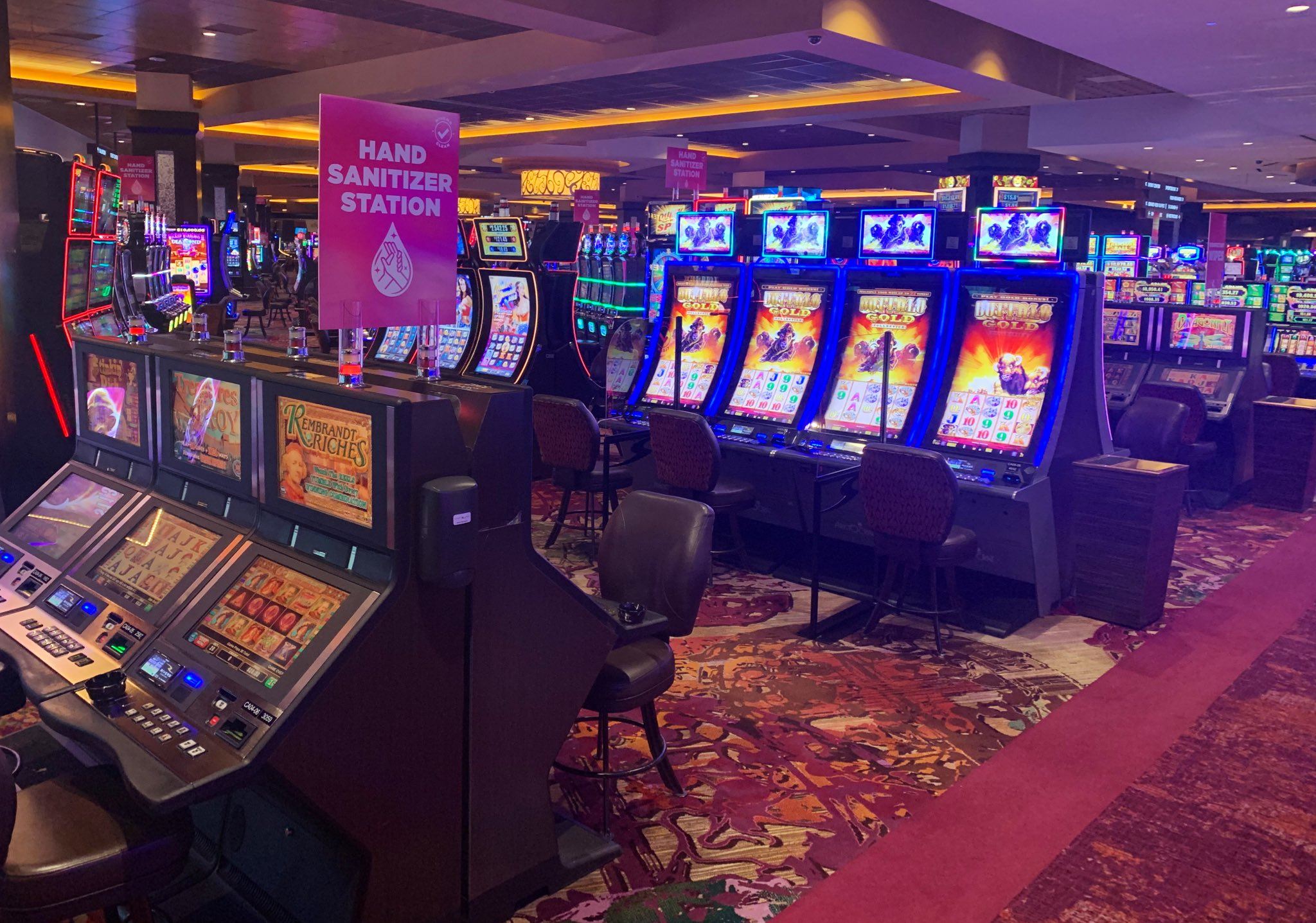Investigating the Morality of Gambling Casinos
Casino gaming has long been a subject of fascination and controversy, attracting millions of players globally. With a blend of chance, skill, and the excitement of risk, casino games offer an exciting escape from everyday life. However, as entertainment becomes ever more available, it invites a more thorough examination of the ethical implications surrounding these games.
At the heart of the debate lies the question of whether casinos promote safe gambling or take advantage of vulnerable individuals. The allure of potential winnings versus the truth of losses can create a challenging situation, and understanding this balance is essential for both players and operators. As we delve into the morals of casino gaming, we will explore the responsibilities of casinos, the impact on society, and the measures that can be taken to foster a better gaming environment.
The Impact of Casino Gaming on Society
Casino gaming has a considerable influence on the community, affecting not only the financial landscape but also social behaviors and local frameworks. The funds generated from casinos can lead to employment opportunities and boost local economies, as they provide numerous employment opportunities in multiple fields including hospitality, entertainment, and shopping. However, while the financial benefits can be substantial, communities often struggle with the potential negative impacts that arise from increased gambling activity.
Additionally, the presence of casinos can lead to an rise in gambling addiction, presenting significant challenges for players and families. The excitement of casino games can quickly evolve into a habitual habit, affecting personal relationships and leading to monetary issues. Many players may struggle with the loss of control over their gambling behaviors, resulting in a need for assistance programs and interventions to address this growing issue. The social cost of gambling addiction can ripple through kinships and neighborhoods, creating an urgent need for responsible gaming initiatives.
In addition to the economic and social ramifications, casino gaming often showcases cultural attitudes towards uncertainty and entertainment. It can encourage a sense of excitement and leisure, attracting tourists and boosting local travel. However, this allure may also mask the broader implications of gambling as a method of entertainment, raising ethical questions about its promotion and accessibility. https://ga179.xyz/ As communities weigh the benefits and drawbacks of casino gaming, the need for responsible practices and oversight becomes increasingly critical in ensuring that the beneficial elements are maximized while minimizing the negative effects.
Moral Concerns in Betting Practices
The ethics of gambling gaming often center around the potential for addiction and its effects on people and families. Gambling can lead to significant monetary distress, impacting not only the gamblers but also their families. As individuals become caught in the appeal of winning, many lose sight of their budget, which can result in devastating outcomes such as insolvency. This poses moral questions about the duty of casinos in fostering responsible gaming habits and offering support for those who may be struggling with betting addiction.
Another major concern is the promotion of gambling to vulnerable groups. Casinos often target low-income individuals or neighborhoods with the promise of fast rewards, which can perpetuate cycles of financial struggle and despair. In this context, the ethics of advertising strategies used by casinos come under scrutiny, as they may exploit the desperation of people seeking an way out from economic troubles. This manipulation raises moral questions about the honesty of the betting industry and its obligation to safeguard its most at-risk patrons.
Additionally, the effect of casino gaming on society as a whole cannot be overlooked. While some argue that gambling establishments create jobs and boost local economies, others point to the social costs associated with problem betting, increased criminal rates, and a strain on public resources. Balancing economic benefits with the potential for social harm presents a complex ethical dilemma for policymakers and gambling operators alike. The difficulty lies in discovering a responsible approach that takes into account the well-being of individuals and communities while still allowing for the enjoyment of casino activities.
Regulation Structure and Responsibilities
The legal system related to gaming activities is designed to ensure justice, honesty, and gambler protection. Multiple government bodies and casino commissions create and implement regulations that dictate how casino activities operate, the guidelines for game design, and the procedures for managing rewards. These regulations vary by jurisdiction but commonly involve permit requirements for providers and stringent measures to prevent fraud and fraud.
In addition to regulatory bodies, gambling operators bear significant responsibility in maintaining moral standards within their venues. They must enforce safe gambling practices that encourage player security and education, including presenting self-exclusion options and sharing information about the risks connected to betting. Operators are also obligated for instructing staff to identify signs of problem betting and be aware of the correct measures to assist visitors in need.

Moreover, clarity in gambling operations is vital for building and maintaining public faith. Casinos should present clear details about the probabilities of activities, marketing offers, and any associated risks. By fostering an environment of transparency and responsibility, casinos can help lessen the likelihood adverse impact of gambling while enhancing the complete gaming experience for all participants.
